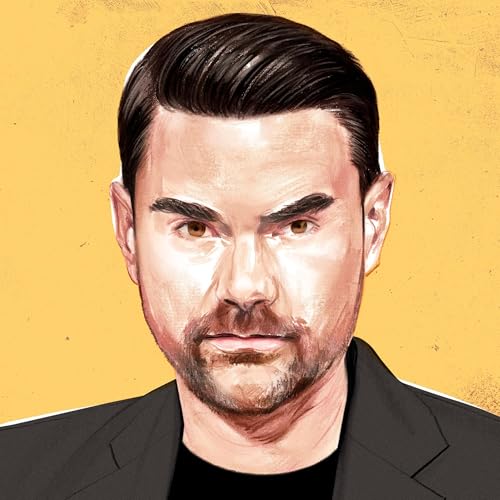As Donald Trump and his Administration threaten to attack Iran, their motivations remain unclear. Does the President want to force Iran to make a nuclear deal, to replace the one that he scrapped in his first term, or is he really seeking regime change? To understand how this all might play out, David Remnick speaks with Karim Sadjadpour, a policy analyst at the Carnegie Endowment for International Peace, who writes about the Middle East for Foreign Affairs and other publications. Citing the disastrous precedents in Afghanistan and Iraq, Sadjadpour notes, “the last two decades has proven that we don’t have the ability to dictate . . . who comes to power the day after a military attack.”
Plus, After protests over the economy erupted across Iran late last year, reports emerged that the regime was killing protesters. Donald Trump threatened to intervene, but did not. Estimates vary widely, but some note that thirty thousand people or more may have been killed. Now, as the U.S. sends a huge military force to the Gulf, Iranians are waiting for war—and many in the country are in the shocking position of hoping for conflict, if it will end the Ayatollah’s government. The reporter Cora Engelbrecht has been recording her conversations with sources on the ground about what that could mean. Their voices were altered or overdubbed for our story, to protect them from reprisal.
New episodes of The New Yorker Radio Hour drop every Tuesday and Friday. Join host David Remnick as he discusses the latest in politics, news, and current events in conversation with political leaders, newsmakers, innovators, New Yorker staff writers, authors, actors, and musicians.
 16 分
16 分 34 分
34 分 2026/02/2419 分
2026/02/2419 分 31 分
31 分 2026/02/1715 分
2026/02/1715 分 36 分
36 分 25 分
25 分 49 分
49 分
